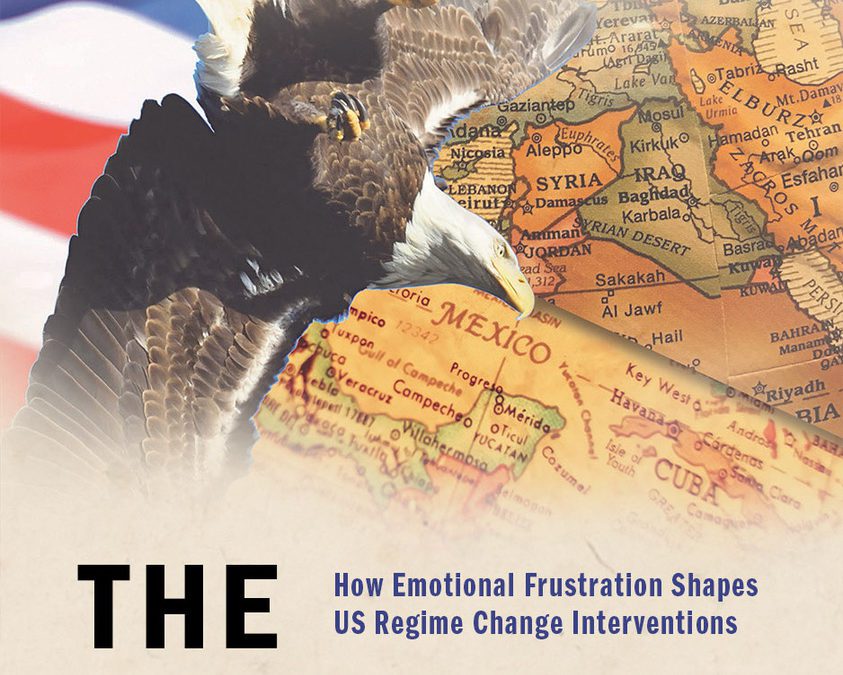The United States has repeatedly used its military to overthrow foreign regimes – at least sixteen times from 1906 to 2011 – but these interventions seldom work out particularly well. So why does Washington continue to engage in violent regime change? The answer is that US leaders forcibly overthrow regimes to relieve emotional frustration.

6+1 Questions about The Origins of Overthrow: How Emotional Frustration Shapes US Regime Change Interventions
read more
